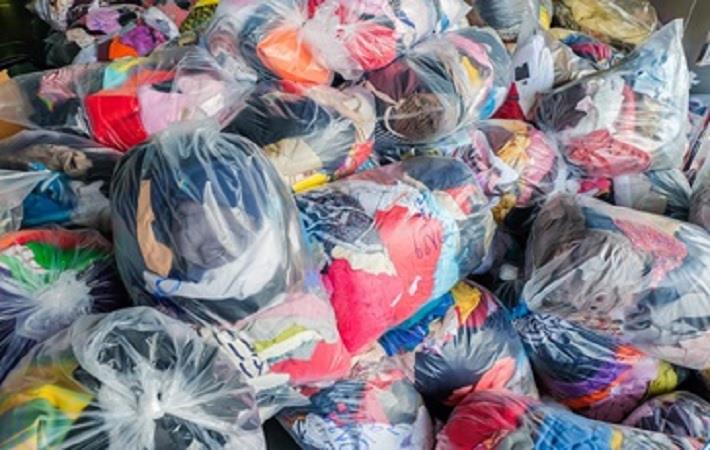Sulzer is working with H&M and Worn Again Technologies to develop technology for textile recycling. Sulzer and H&M Group are strategic partners of Worn Again Technologies. Sulzer will help towards circularity with a new technology to recycle textiles. The partners now plan to build a demonstration plant to scale-up this closed-loop recycling process.
The demonstration plant will have a planned output of 1,000 tons per year.Sulzer is working with H&M and Worn Again Technologies to develop technology for textile recycling. Sulzer and H&M Group are strategic partners of Worn Again Technologies. Sulzer will help towards circularity with a new technology to recycle textiles. The partners now plan to build a demonstration plant to scale-up this closed-loop recycling process.#
Worn Again Technologies is an early stage technology company based in the UK. Sulzer helps forward-looking businesses in a variety of industries reduce their environmental impact.
Building on its long-standing expertise in separation, mixing and polymerisation technologies, Sulzer will provide equipment and technology at the heart of Worn Again’s unique closed-loop textile recycling process, converting textiles at their end of use back into virgin-like raw materials. With this, the company enables circularity for millions of tons of garments usually ending up in landfills or incinerators.
Following on the successful launch of Worn Again’s research and development pilot plant, the teams will be building a larger demonstration facility converting polyester and cotton garments into polyester pellets and cellulosic pulp that can further be re-spun into new fibres.
The vast majority of garments currently produced are made out of mixed cotton and polyester fibres, where sustainable production has been increasingly challenged. Cultivation of cotton is linked to the use of huge amounts of water necessary for its growth and polyesters are associated with non-recyclable waste. Current technologies to recycle textile fibres back into virgin-quality fibres are almost non-existent. It is estimated that only 1 per cent of clothing is recycled into new garments because these are rather complex systems containing various types of fibres, dyes, fillers and additives, making them difficult to recycle.
Torsten Wintergerste, division president of Chemtech, comments: “I am honoured by the trust Worn Again and H&M Group have given me to become chairman of the board. Sulzer is highly committed to lead the development of sustainable processes by leveraging our extensive experience in separation technology. This is why we are happy to be the technology expert for Worn Again and support its vision to eradicate textile waste and get to a world where resources are kept in constant circulation. We look forward to seeing our key technologies in operation at this new recycling facility as well as collaborating on future circular projects.”
More and more fabrics end up in landfills, making textile waste one of society’s pressing environmental issues. Because of the complexity of garments’ production, chemical recycling techniques have only been applied to a minor share of end-of-use textiles and clothing so far. More than 60 million tons of natural and synthetic textile fibres for clothing are produced per year, of which 73 per cent is incinerated or landfilled, according to the Ellen MacArthur Foundation.
Fibre2Fashion News Desk (SV)
